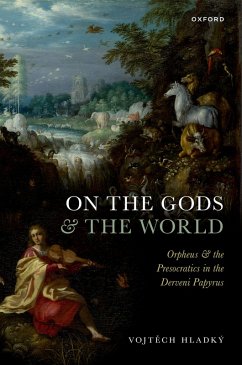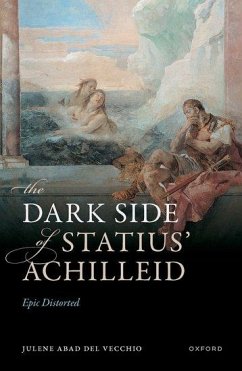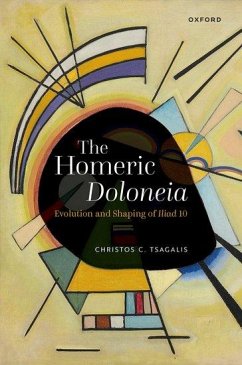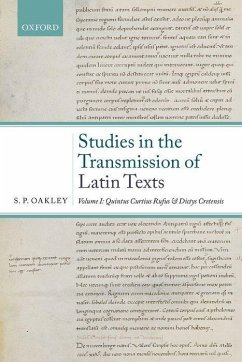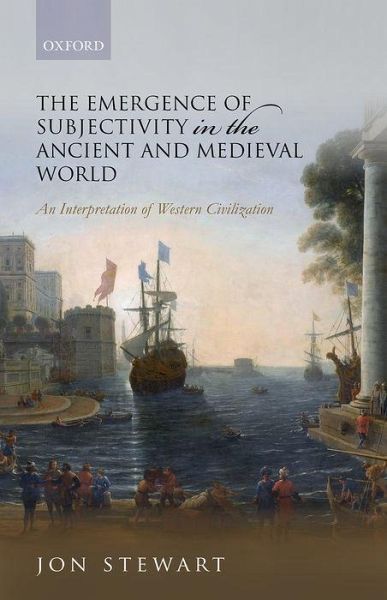
The Emergence of Subjectivity in the Ancient and Medieval World
An Interpretation of Western Civilization
This volume presents a philosophical analysis of the development of Western civilization from antiquity to the Middle Ages by tracing the various self-conceptions of different cultures as they developed historically, reflecting different views of what it is to be human and the rise of the concept of subjectivity.





